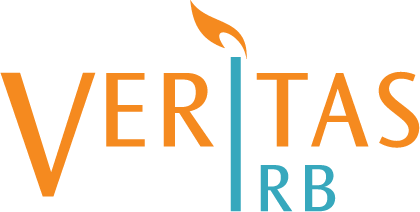Over the past month, we have written five posts in the series “Am I IRB Forum Shopping?”. Our first post was an Introduction to IRB Forum Shopping; the unethical practice of choosing an IRB based on the relative ease of the review and the perception that the review will result in a favourable decision.
We presented four Case Studies in this series to highlight instances of IRB Forum Shopping experienced by Veritas IRB in the last year. We also included the Montreal Tuberculosis Outbreak (Case Study #4 – IRB Forum Selling) as it remains the most blatant example of IRB Forum Shopping in history.
The IRB review, once considered a “necessary evil”, is increasingly perceived as a fundamental component to “patient-centric” research. Unique in its oversight, no research in humans can be conducted without it.
This series looked at certain elements in the IRB review such as the contract between the investigator and the research sponsor, scientific merit of the research, monitoring of research participant safety, and methods of screening research participants. It focussed on the harm that can be done (i) when an IRB intentionally disregards these elements in order to make its review more appealing (IRB Forum Selling), and (ii) when a research sponsor intentionally seeks out a lenient IRB to obtain a favourable decision (IRB Forum Shopping).
One can forum shop for an IRB based on the price of the review, the frequency of its meetings, the specialty of its boards, etc., but the public mandate of the IRB is not negotiable.
About the Authors

Martin Letendre
Martin Letendre is responsible for managing Veritas IRB's business operations and administering the activities of the Veritas IRB Boards. Martin is a member of the Quebec Bar and brings more than a decade of experience in health law and research ethics. His expert knowledge of, and ongoing activity and interest in research ethics have led to the publication of several reports and articles in peer-reviewed journals, and invitations as guest speaker at numerous conferences and scientific meetings. Martin was actively involved in the creation of an on-line tutorial for institutional research ethics boards in Quebec and was a member of Canada's three federal research agencies' Panel on Responsible Conduct of Research.


